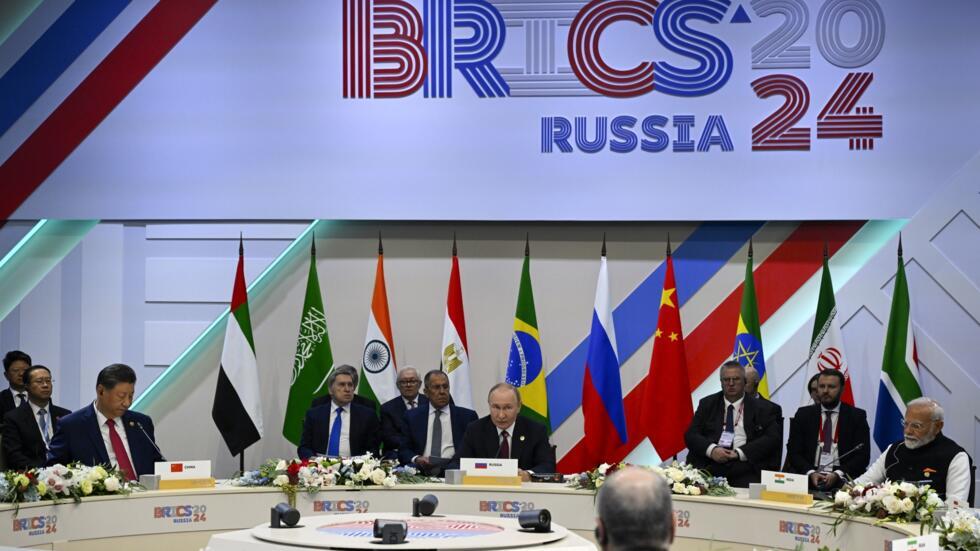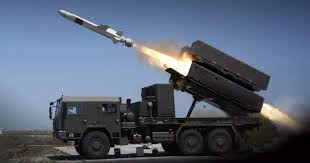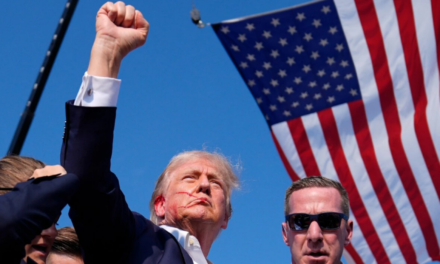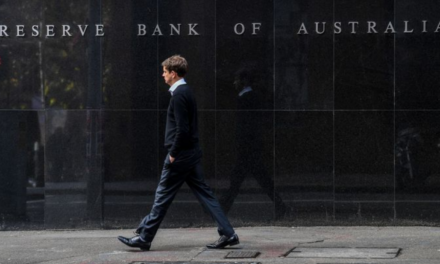As the BRICS+ summit continues to unfold, the notion that Russia has been “isolated” by the West is being dramatically debunked. Despite widespread Western narratives that sanctions and diplomatic pressure have left Russia marginalized on the global stage, the reality is starkly different. Far from being isolated, Russia is playing a central role in a growing coalition of countries that seek to redefine global trade and finance. BRICS+, which now includes Brazil, Russia, India, China, South Africa, and as of January this year Egypt, Ethiopia, Iran, and the United Arab Emirates with an increasing number of nations, is emerging as the go-to organization for countries seeking alternatives to the Western-dominated global system.
The Myth of Russia’s Isolation
Since the Ukraine conflict began, Western countries, led by the United States and Europe, have imposed a barrage of economic sanctions on Russia, hoping to weaken its economy and isolate it internationally. Politicians and media outlets in these countries were quick to proclaim that Russia was more isolated than ever, pointing to the exodus of Western companies, sanctions on Russian exports, and the freezing of Russian assets abroad as evidence of Moscow’s diminishing influence.
However, this narrative has proven to be not only misleading but also fundamentally flawed. While Western leaders framed the isolation of Russia as inevitable, they overlooked a crucial shift in global dynamics—Russia’s deepening ties with countries outside the Western sphere. Far from being cut off, Russia has been actively strengthening its relationships with key global players, particularly within BRICS and, more broadly, BRICS+. The increasing interest of other nations in joining this alliance is a testament to Russia’s continued relevance on the world stage.
BRICS+ has become a sanctuary for countries looking to escape the clutches of Western-dominated institutions like the IMF and World Bank. Rather than isolating Russia, Western sanctions have driven more countries toward BRICS+ as they seek to establish new partnerships, collaborate on trade, and bolster their own economic sovereignty. This shift highlights the profound miscalculation by Western powers: instead of breaking Russia, their actions have galvanized a multipolar world order.
BRICS+ Gains Momentum: Why Countries Want to Join
In recent years, BRICS has transformed into BRICS+, an expanded version of the original bloc that includes a diverse array of emerging economies. Over 40 nations, from Argentina and Saudi Arabia to Indonesia and Mexico, have expressed interest in joining or aligning with this growing organization. The reasons for this surge in interest are deeply rooted in the shortcomings of the Western-led global order.
- Rejection of Western Control: Countries seeking to join BRICS+ are increasingly disillusioned with the way Western institutions, such as the World Bank and IMF, have imposed policies that often lead to austerity and stunted growth. BRICS+ offers a way to engage in international trade, development projects, and financial cooperation without the strings attached by Washington or Brussels.
- Alternative to Dollar Hegemony: The dominance of the U.S. dollar in global trade has long been seen as a tool of American power. The dollar is not just a currency; it is a weapon used to enforce U.S. foreign policy objectives, as seen in sanctions regimes that target countries like Russia, Iran, and Venezuela. Countries that are tired of being vulnerable to U.S. monetary policy and sanctions have found in BRICS+ a viable alternative to the dollar-centric global financial system.
- A New Multilateralism: The principle of multilateralism at the heart of BRICS+ is a stark contrast to the unipolar vision championed by the West. In BRICS+, nations of all sizes have an equal voice, and there is no single hegemon dictating terms. This cooperative approach has made the bloc especially attractive to countries that have felt marginalized or exploited by the Western-dominated order.
- Sovereignty Over Economic Policy: Unlike the IMF and World Bank, which often impose political or economic conditions on their loans, the New Development Bank (NDB), the financial arm of BRICS, respects the sovereignty of member nations. This allows countries to pursue development projects based on their own priorities and needs, free from external political interference.
The West’s Blunder: Misreading Russia’s Global Influence
One of the most significant geopolitical errors made by the West has been its assumption that Russia could be isolated and crippled through sanctions. While it is true that sanctions have had an economic impact, they have failed to achieve their primary goal of marginalizing Russia globally. Instead, Russia has turned eastward and southward, deepening economic and diplomatic ties with Asia, Africa, and Latin America.
The reality is that many countries, especially in the Global South, are unwilling to sever ties with Russia, given its critical role as an energy and resource supplier. Russian oil, gas, wheat, and other exports remain essential to the economies of many nations, and these countries have been reluctant to follow the West’s lead in sanctioning Moscow. Rather than isolating Russia, the West’s sanctions have inadvertently created new opportunities for Russia to expand its global influence, particularly through BRICS+.
Russia’s participation in BRICS+ has not only strengthened its economic resilience but also positioned it as a leader within this powerful bloc. Countries looking to free themselves from Western control are increasingly turning to Russia for leadership within BRICS+, further solidifying its central role in the organization.
The Dollar’s Decline: My Prediction for the Coming Months
As I predicted just a month ago, this BRICS+ summit could very well see the announcement of a new mechanism for member countries to conduct trade payments in their own currencies, bypassing the U.S. dollar altogether. This would mark a major milestone in the ongoing process of de-dollarization and a direct challenge to the U.S. dollar’s status as the world’s reserve currency.
For decades, the U.S. dollar has been the dominant currency in international trade. This dominance has allowed the U.S. to exert considerable influence over global economic affairs. But for many countries, the dollar-centric system has become a burden. U.S. monetary policy, sanctions, and the weaponization of the dollar have exposed nations to unnecessary risk, leading them to seek alternatives.
BRICS+ represents a coalition of countries eager to break free from the dollar’s grip. If the announcement of a new payment system occurs as expected, it will significantly reduce the demand for U.S. dollars in global trade. As countries within BRICS+ settle transactions in local currencies or through alternative financial mechanisms, the reliance on the dollar will diminish.
I expect this shift to have a profound impact on the global financial markets, with the U.S. dollar losing value, particularly against the Russian ruble. Specifically, I predict that the dollar could fall by as much as 5% against the ruble in the coming months as a direct consequence of this new trade payment system. This will not only weaken the dollar but also strengthen the economic position of BRICS+ members, particularly Russia, which has long been seeking alternatives to the dollar-dominated system.
The West’s Declining Influence in Global Affairs
As the BRICS+ bloc expands, it is becoming increasingly clear that the West’s influence over global trade and finance is waning. The post-World War II order, which saw the creation of institutions like the IMF, World Bank, and WTO to promote Western economic dominance, is being challenged by new power centers. BRICS+ is at the forefront of this shift, offering countries a more balanced and fair approach to economic cooperation.
The West’s reliance on sanctions as a tool of economic warfare has backfired, not just in Russia’s case but in many others. Countries that have been targeted by Western sanctions have not only survived but, in many cases, have thrived by turning to BRICS+ for alternative markets and financial cooperation. This has made the effectiveness of Western sanctions increasingly questionable and has further eroded the West’s ability to control global economic affairs.
In the face of this decline, BRICS+ is becoming a beacon for countries seeking to assert their economic independence. The organization’s commitment to a multipolar world, where no single country or bloc dominates, is resonating with nations around the globe. Countries that once depended on Western-led financial institutions are now looking to BRICS+ as a more equitable and viable alternative.
The Future of BRICS+: Leading the Way in Global Trade
BRICS+ is not just an economic bloc; it is the embodiment of a new global order, one in which the West’s dominance is fading, and a more balanced, multilateral system is emerging. As more countries join or seek alignment with BRICS+, the organization’s influence will only grow. And with the potential announcement of a new trade payment system, BRICS+ is poised to redefine global finance in the coming years.
The fallacy that Russia is isolated is now clearer than ever. Russia, alongside its BRICS+ partners, is leading the way toward a more just and equitable global economy. For countries seeking to escape Western control, BRICS+ has become the organization to join, offering a path to true financial sovereignty and the promise of shared prosperity in the multipolar world.





